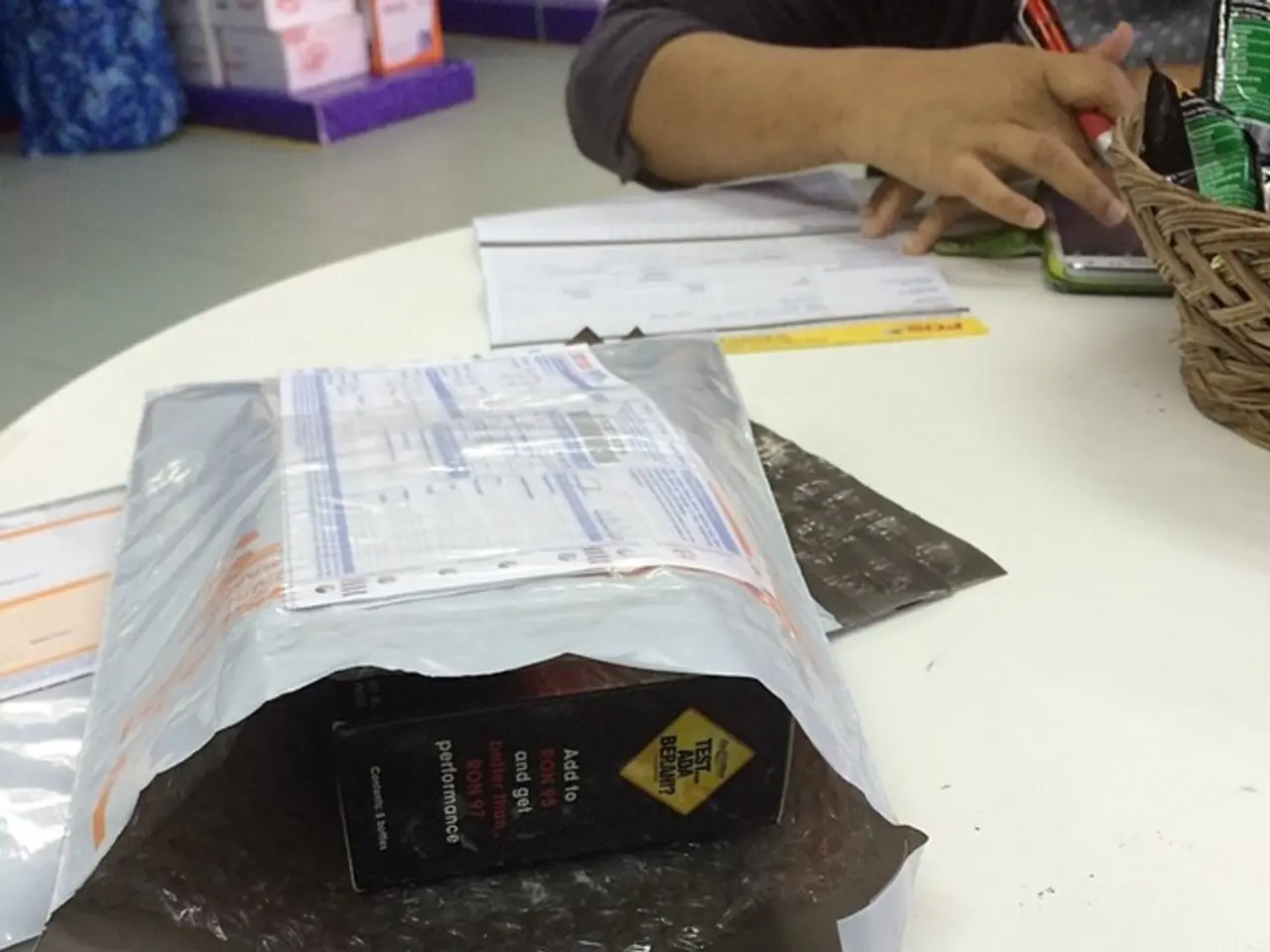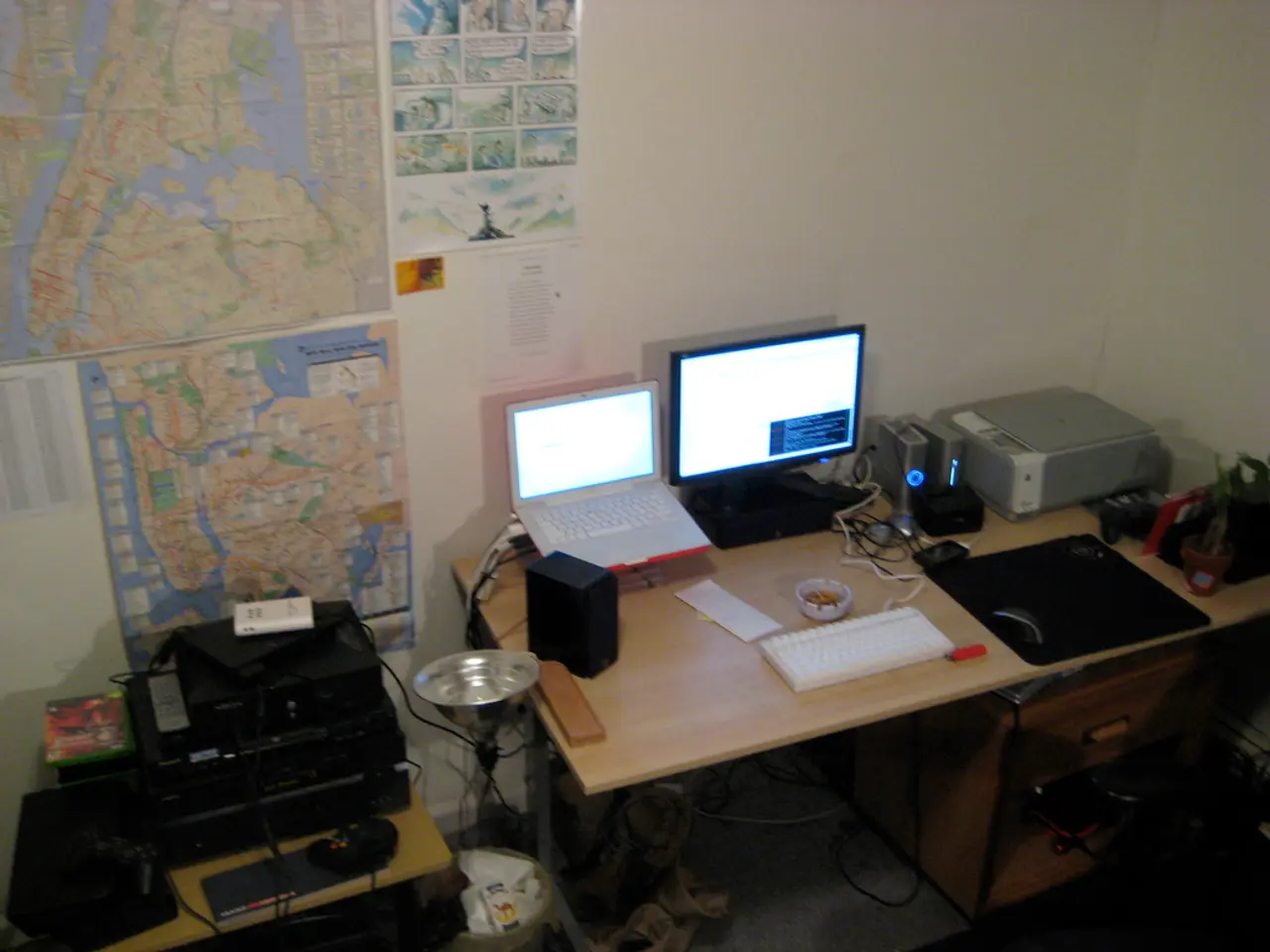Global Quest: Location of the Watermelon-themed Individual Unveiled
In recent times, immigration raids in California have caused a significant stir, particularly in areas with a high immigrant population such as Los Angeles and Santa Ana. These raids have led to a decrease in private sector employment by 3.1%, a figure that was only recently matched during the COVID-19 lockdown [1].
The disruption has been most pronounced in industries reliant on immigrant labour, with agriculture being one of the hardest hit. Approximately 45% of workers in this sector have stopped reporting for work, resulting in supply chain delays and produce losses [2]. This has led to a ripple effect, with productivity suffering, project delays occurring, and food prices potentially rising nationwide [1][3].
Small businesses, particularly those in immigrant-heavy areas, have reported a sharp decline in foot traffic and customer attendance. This is evident in marketplaces like Santa Ana’s 4th Street Market, a hub for many small businesses and vendors [2]. The overall California economy, the fourth largest globally, risks a GDP drop of approximately 0.25%, partly attributed to these raids [2].
Business leaders and economists have emphasised the sustained disruption could hobble many small and medium-sized enterprises that form the backbone of California’s economy [1][4]. Raids do not result in freeing jobs for U.S.-born workers or raising wages; instead, they depress local economies and reduce job opportunities for citizens [4].
Meanwhile, the uncertainty and fear generated by these raids affect consumer spending and the broader local economy. For instance, Ivan, a watermelon seller on an L.A. corner, experienced this firsthand when he went on vacation, leaving his regular customer, Miguel, worried about his safety [5]. Upon returning, Ivan was relieved to find his corner bustling once more.
The deployment of National Guard troops to quell public unrest over immigration raids was announced by the Pentagon, but they have since withdrawn from Los Angeles [6]. The withdrawal was due to President Trump’s deployment two months earlier.
References: [1] Krikorian, M. (2025). Immigration Raids in California: A Threat to the State's Economy. The Los Angeles Times. [2] Hernandez, J. (2025). Immigration Raids in California: Impact on Small Businesses and the Economy. The San Francisco Chronicle. [3] Smith, A. (2025). Agriculture Industry Suffers as Workers Fear Immigration Raids. The Sacramento Bee. [4] Johnson, L. (2025). The Economic Impact of Immigration Raids on California. The Stanford Institute for Economic Policy Research. [5] Rodriguez, P. (2025). The Story of Ivan, the Watermelon Seller. The Los Angeles Times. [6] White House Press Briefing Transcript (2025). The Pentagon.
- The business sector in Los Angeles, a city with a high immigrant population, has been significantly impacted by the recent immigration raids in California.
- The economy of California, the fourth largest globally, is at risk of a GDP drop of approximately 0.25%, partly due to the disruption caused by the immigration raids.
- The raids have led to a decrease in private sector employment by 3.1%, a figure that was only recently matched during the COVID-19 lockdown.
- Agriculture, an industry heavily reliant on immigrant labor, has been one of the hardest hit by the immigration raids, with approximately 45% of workers stopping to report for work.
- The decline in immigrant workers has resulted in supply chain delays, produce losses, and potentially rising food prices nationwide.
- Small businesses in immigrant-heavy areas, such as Santa Ana’s 4th Street Market, have experienced a sharp decline in foot traffic and customer attendance due to the raids.
- The deployment of National Guard troops to quell public unrest over immigration raids was announced, but they have since withdrawn from Los Angeles, with President Trump’s deployment two months earlier being the reason for the withdrawal.




